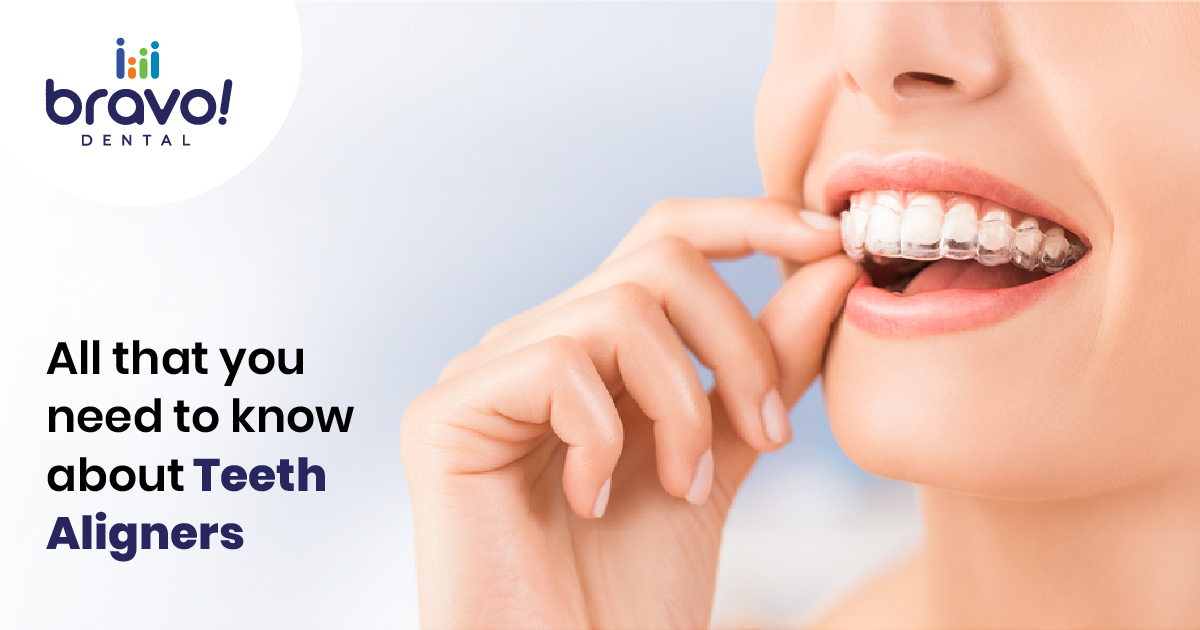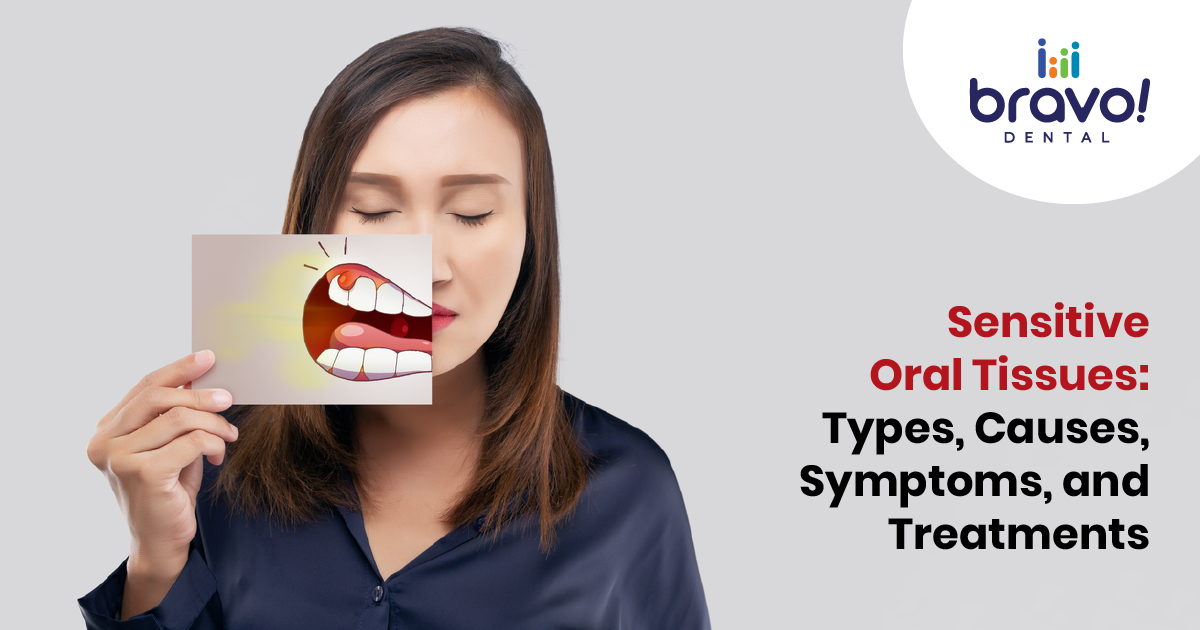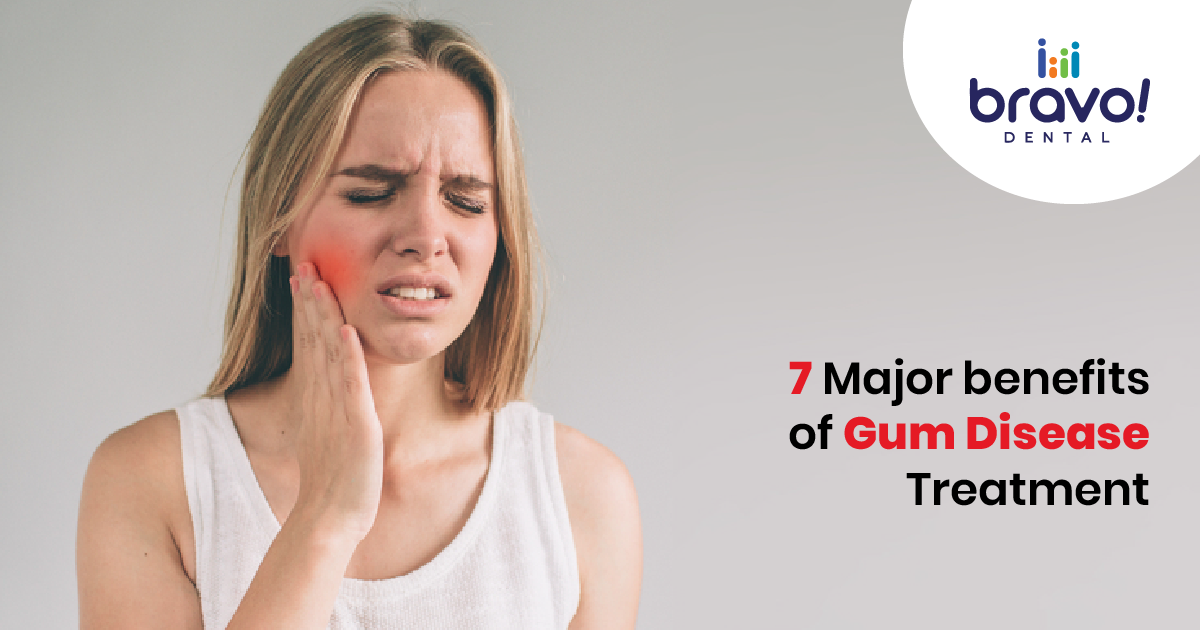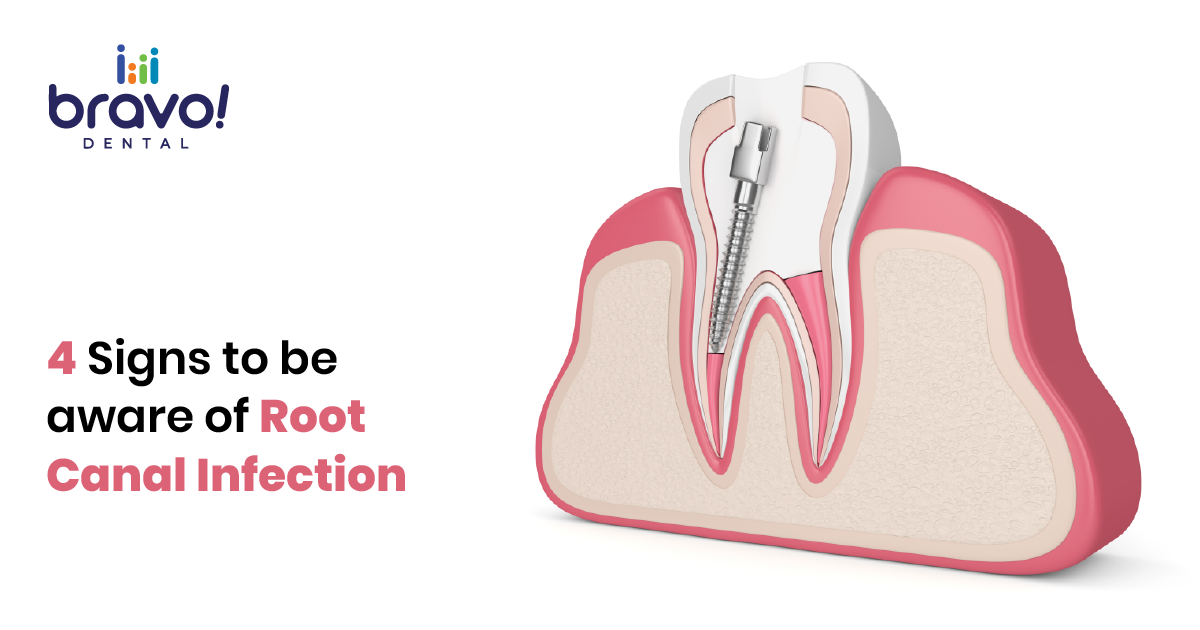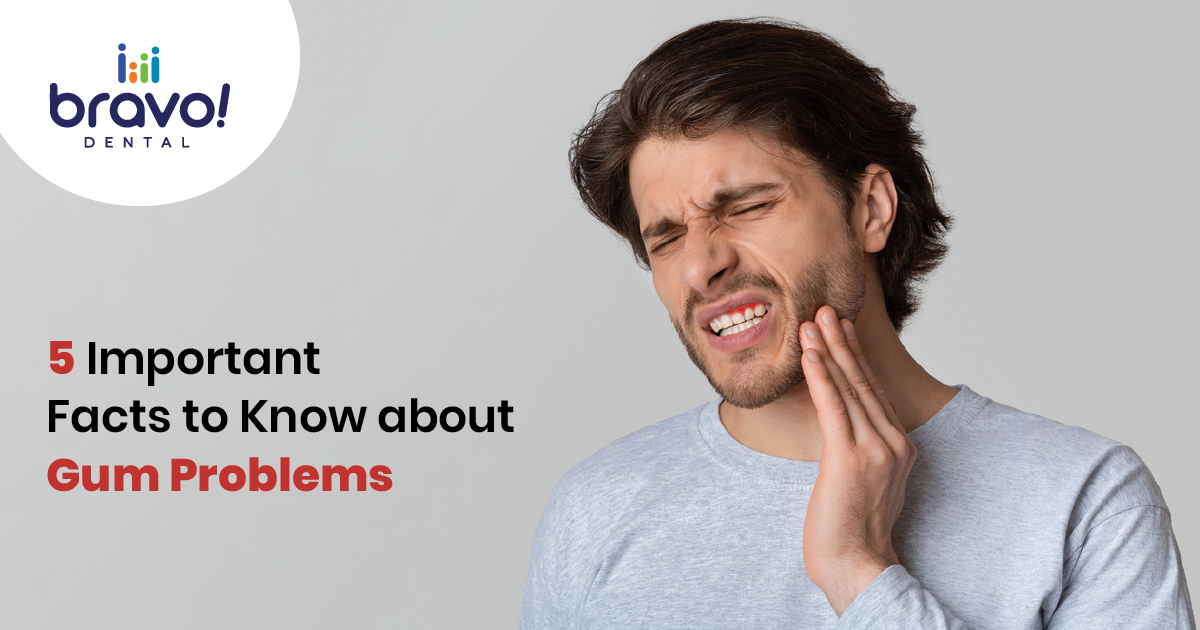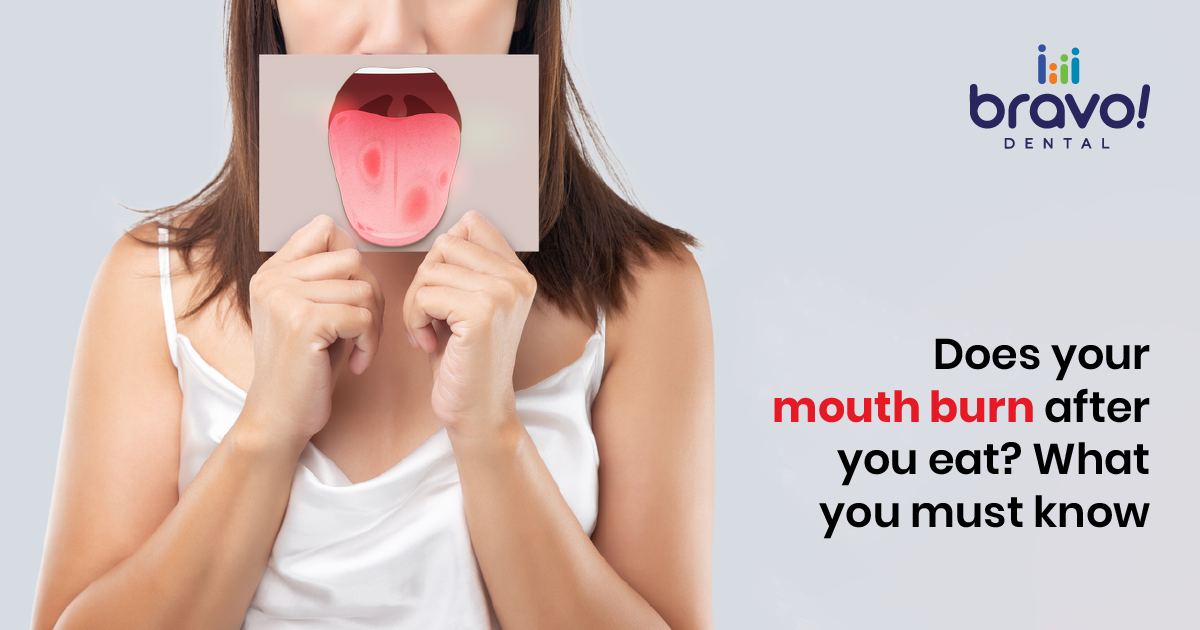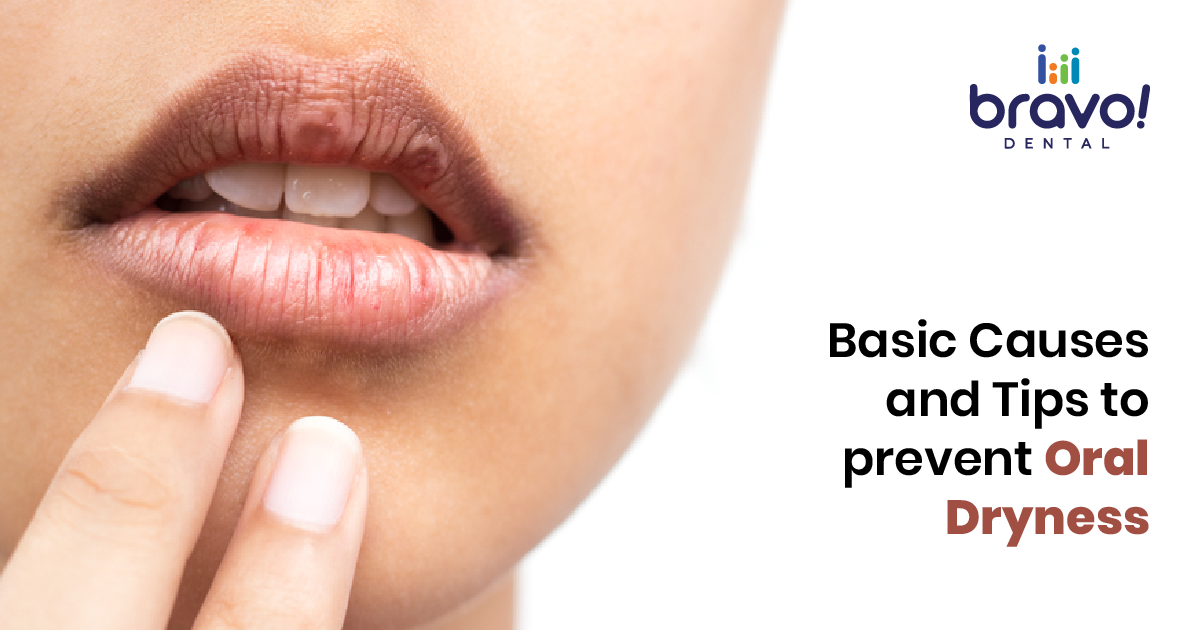Teeth aligners are clear trays made of a plastic mould used to correct teeth in the same way braces are used to straighten teeth. Without the inconveniences of metal wires and brackets, they use moderate and consistent force to shift the teeth into the desired position.
Teeth aligners have emerged as an intriguing alternative to traditional braces. When you wear transparent aligners, you have more mobility and can confidently smile in a crowd without anybody noticing you’re wearing trays.
How long do aligners have to be worn a day?
At least 22 hours per day should be spent wearing your clear aligners. You should only take them out when it’s time to clean your aligners, or during meals.
If you don’t wear your aligners for the recommended amount of time each day, your treatment duration will be extended. As a result, your teeth may remain crooked, or your progress may halt. Wear your aligners for at least 22 hours, every day, for optimal results.
Can you sleep with teeth aligners on?
Yes, you can sleep with your aligners on during your treatment. One of the ideal times to wear your teeth aligners is when sleeping. If you sleep eight hours a day, wearing your aligners while sleeping can help you cut that time from your prescribed 22-hour day. You can wear your aligners with confidence, knowing that wearing them at night is always a safe and helpful option.
What are the benefits of using a teeth aligner?
A clear teeth aligner has numerous advantages. Patients can take the device off at any time to eat, drink, clean their teeth, and floss. Unlike traditional braces, clear dental aligners do not have sharp edges or wires that might injure the gums or make biting unpleasant. Within a few weeks, patients can see significant improvement.
Clear aligners are a more economical alternative to traditional braces. As clear aligners are constructed of translucent plastic and are generally more comfortable, they are less obvious on the teeth.
What are the potential risks?
As clear tooth aligners can be removed at any moment, patient compliance can become a difficulty. If the patient does not wear them for a sufficient amount of time, treatment duration could extend due to insufficient usage of teeth aligners.
Clear teeth aligners are definitely a fantastic alternative if you’re searching for a quick, simple, and cost-effective solution to get a great smile. However, braces from an orthodontic practice or a dentist’s office are likely the best option if your teeth require extensive re-alignment or anticipate substantial concerns throughout therapy.
Begin your aligner adventure with Bravo Dental! Contact us now to learn more about how our products can help you as you start this journey. Get in touch now!
